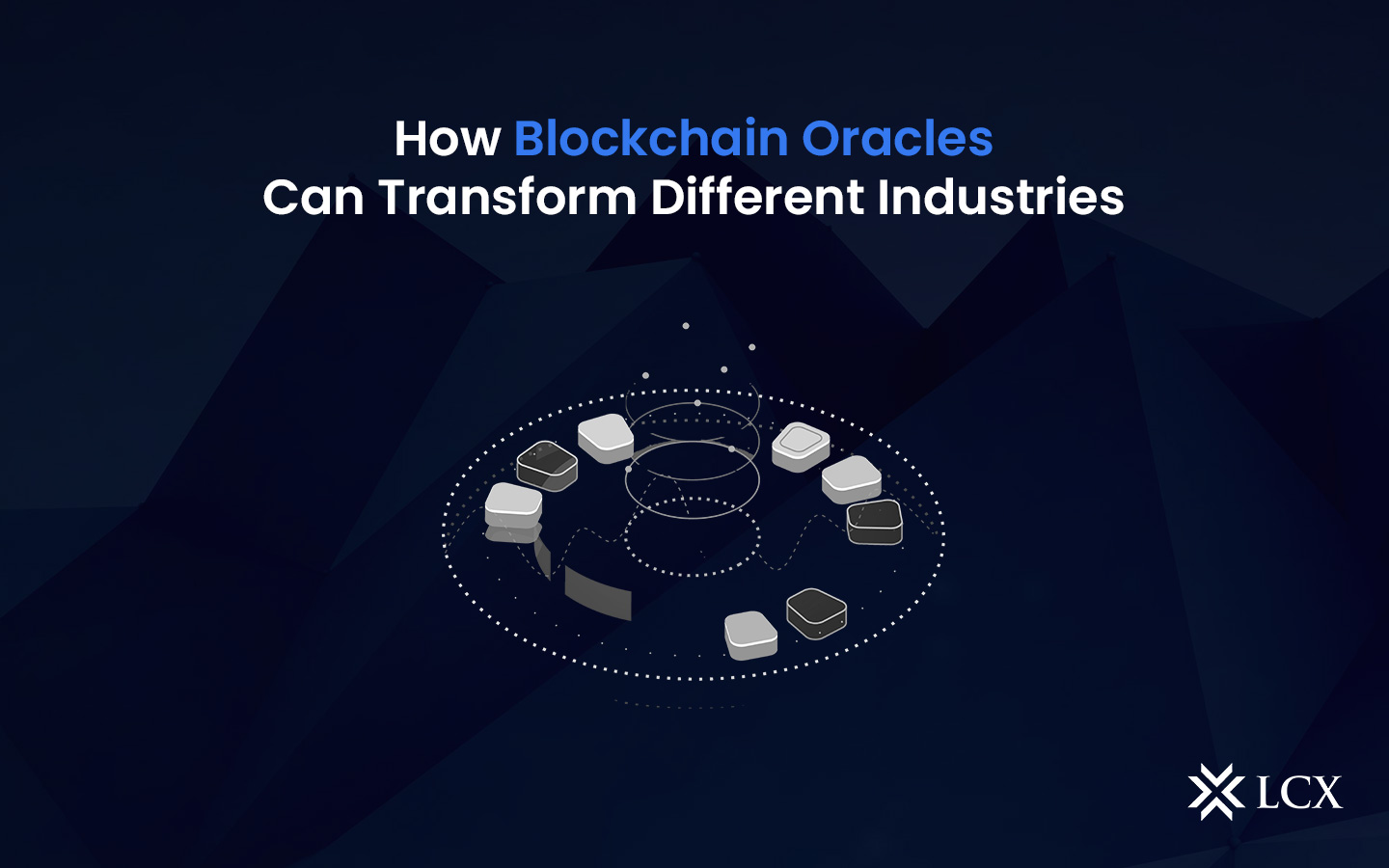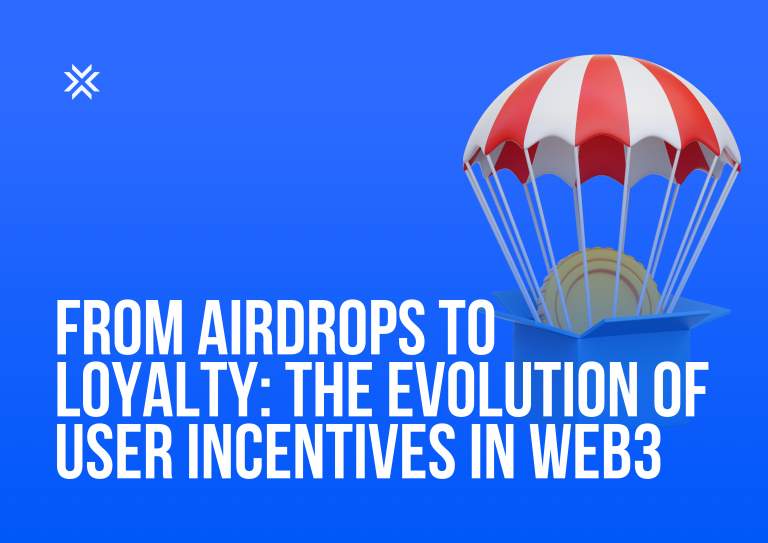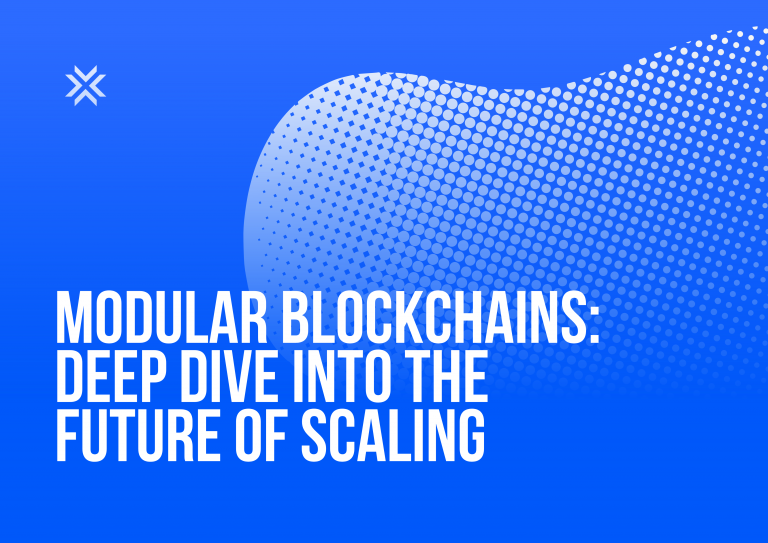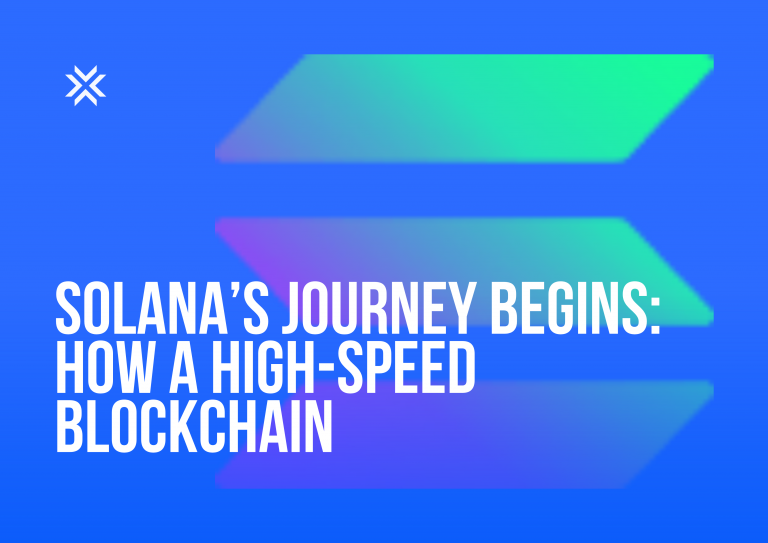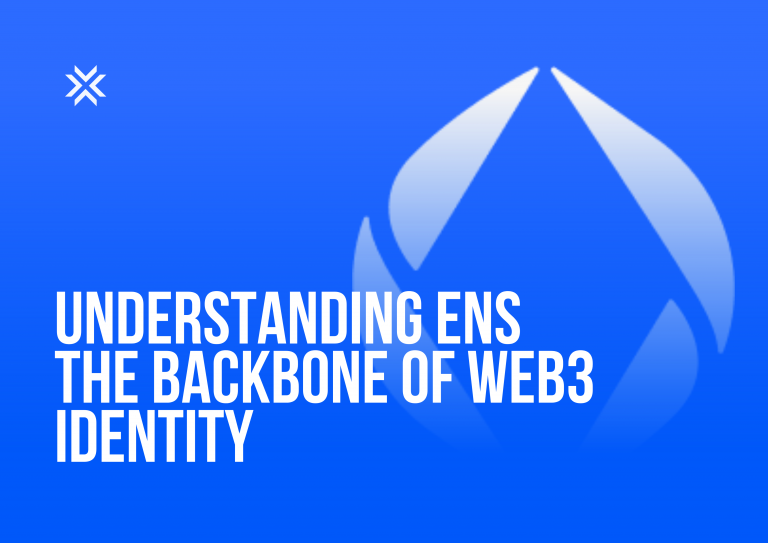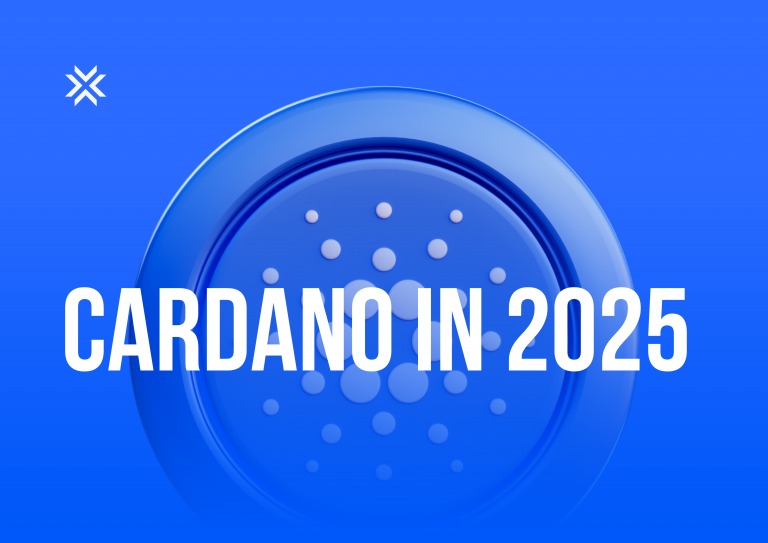Introduction
In the rapidly evolving landscape of technology, blockchain has emerged as a revolutionary force, disrupting traditional industries and fostering innovation. One of the key challenges that blockchain technology faces is its limited ability to access real-world data, which hinders its potential to transform industries comprehensively. This is where blockchain oracles come into play. They act as bridges between the decentralized world of blockchain and the real world, facilitating the seamless integration of external data.
The Essence of Blockchain Oracles
Blockchain technology, at its core, is a decentralized and trustless system that ensures data integrity and immutability. However, this strength becomes a limitation when it comes to accessing real-world data. This is because the blockchain network operates within its closed environment, unable to directly interact with external sources like IoT devices, weather data, financial markets, or even social media.
Blockchain oracles serve as intermediaries, providing smart contracts with the ability to access real-time data and events from outside the blockchain network. These oracles can aggregate data from multiple sources, validate its authenticity, and deliver it securely to the blockchain for use by smart contracts. In doing so, they break down the barriers between the blockchain and the outside world, unlocking the full potential of blockchain technology.
How Blockchain Oracles Can Transform Industries
Transforming Supply Chain Management
Blockchain technology has already shown great promise in enhancing transparency and traceability in supply chains. However, the lack of real-time data integration has limited its ability to respond swiftly to supply chain disruptions. With it, supply chain management can be transformed, as smart contracts gain access to real-time data on inventory levels, shipping status, and even weather conditions affecting transportation routes. This level of integration empowers supply chain stakeholders to make informed decisions, optimize logistics, and respond proactively to unforeseen events.
Revolutionizing Finance and Payments
The financial industry is no stranger to blockchain’s transformative potential. It can revolutionize finance by enabling smart contracts to interact with real-time financial data, such as stock prices, foreign exchange rates, and interest rates. As a result, decentralized finance (DeFi) applications can create more sophisticated and automated financial products, like decentralized lending platforms that adjust interest rates based on market conditions. The use of them also enhances security by validating real-world transactions before execution, reducing the risk of fraud and unauthorized activities.
Empowering the Internet of Things (IoT)
The Internet of Things has grown exponentially, connecting countless devices to the internet. By combining blockchain technology with IoT devices, an ecosystem of secure and autonomous interactions can be created. It enables smart contracts to access real-time data from IoT devices, facilitating seamless automation and decision-making. For instance, smart homes can use blockchain oracles to optimize energy consumption based on real-time electricity prices and weather forecasts, promoting energy efficiency and cost savings.
Enhancing Insurance and Risk Management
The insurance industry can leverage blockchain oracles to assess and manage risks more effectively. Real-time data from various sources, such as weather stations, seismic sensors, and vehicle telematics, can be used to assess claims and premiums more accurately. This integration of real-world data into smart contracts allows insurers to respond quickly to events and automate claim settlements, streamlining the overall insurance process while minimizing fraudulent claims.
Revolutionizing Healthcare and Medical Research
Blockchain technology in healthcare has the potential to revolutionize medical records management, patient privacy, and clinical trial data sharing. Blockchain oracles can contribute to this transformation by securely integrating real-time health data from wearable devices, medical sensors, and electronic health records. This data interoperability will lead to more personalized treatment plans and contribute to medical research by aggregating anonymized patient data for analysis, without compromising individual privacy.
Empowering Decentralized Governance and Voting
Decentralized autonomous organizations (DAOs) are already exploring new models of governance. Blockchain oracles can bolster these efforts by enabling verifiable, real-world events to trigger governance decisions. For example, a DAO focused on environmental conservation could use oracles to validate changes in air quality data before approving funding for relevant projects. This integration enhances the transparency, accountability, and legitimacy of decision-making within the DAO ecosystem.
Conclusion
Blockchain technology has already demonstrated its potential to disrupt industries across the globe. However, the full realization of this potential has been impeded by the lack of seamless integration with real-world data. Blockchain oracles bridge this gap, unlocking new possibilities for industries ranging from supply chain management and finance to healthcare and governance. As we embrace the transformative power of blockchain oracles, we can expect to witness a new era of decentralized, data-driven innovation, revolutionizing how we interact with technology and each other. Embracing blockchain oracles is not merely an option; it is the path to ushering in a future where blockchain technology empowers and transforms industries in unprecedented ways.
